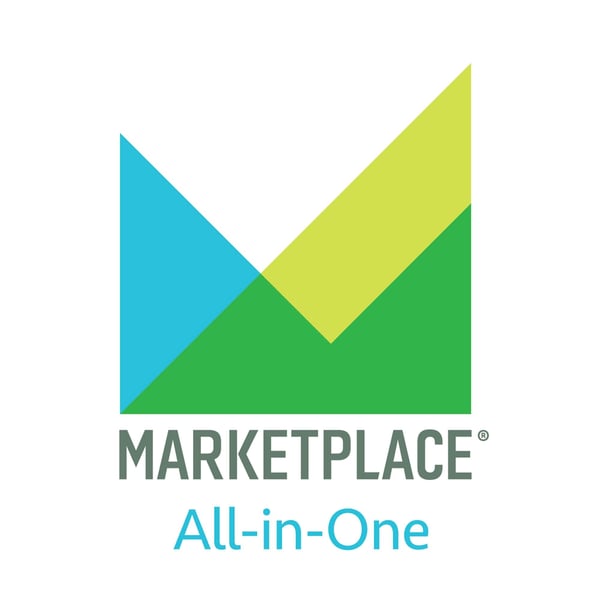How Trump's proposed pharmaceutical tariffs could affect you
Marketplace All-in-One
Marketplace
4.8 • 1.3K Ratings
🗓️ 8 August 2025
⏱️ 8 minutes
🧾️ Download transcript
Summary
President Donald Trump has been threatening tariffs on pharmaceuticals for months. This week, he told CNBC that he’s planning to impose a “small tariff” on prescription drugs soon, which could eventually be raised to 250%. Today, we delve into what tariffs could mean for prescription drug imports and the patients who rely on them. Also: a temporary appointment at the Fed, tariffs on gold, and spending on soccer sponsorships in the Democratic Republic of Congo.
Transcript
Click on a timestamp to play from that location
| 0:00.0 | New U.S. import taxes now in pill form. |
| 0:06.1 | I'm David Brancaccio in Los Angeles. President Trump has been promising tariffs on pharmaceuticals for months. |
| 0:12.5 | This week, he was on TV saying he's planning what he called a small tariff at first on imported prescription drugs, |
| 0:19.4 | then raising it to maybe 250 percent over the next year or so. |
| 0:23.2 | Marketplaces Samantha Fields reports on what this emerging and possibly evolving plan could mean for patients who take the medicine. |
| 0:31.3 | 90% of prescriptions filled in the U.S. every year are generics. |
| 0:35.7 | John Murphy at the Association for Accessible Medicines |
| 0:38.3 | says that includes most pills you'd get at the pharmacy, like blood pressure drugs and statins. |
| 0:43.2 | We manufacture about 45% of the pill needs for patients in the United States, and the rest of that |
| 0:49.9 | is, of course, imported. From India, Europe, and China. So it's a pretty global supply chain. |
| 0:56.2 | That's also true for injectable medications you might get at the hospital, like IV fluids and many |
| 1:00.9 | cancer drugs. Marta Voshenka at Brookings says it's a different story with more expensive brand name |
| 1:06.5 | drugs. The manufacturers that make branded products tend to have facilities on both sides of the |
| 1:12.6 | pond. And she says it would be easier for those companies to move more production to the U.S. if |
| 1:17.2 | necessary than it would be for makers of cheaper generics. Mariana SoCal at the Johns Hopkins |
| 1:22.5 | School of Public Health says it would also be easier for makers of brand-name drugs to absorb tariffs. |
| 1:28.0 | But for generic drugs, you know, they are not patented, very cheap drugs. The markup for the |
| 1:34.0 | drug manufacturers not that high. And manufacturers are already squeezed in their profits for |
| 1:39.5 | these drugs. So with tariffs, Marta Voschinska at Brookings says they could start losing money. |
| 1:45.3 | The cost that I worry about is not that prices for generics might increase, |
| 1:50.1 | is that manufacturers just might throw their hands up and say, you know, I don't want to sell in the U.S. market. |
| 1:55.8 | And that drug shortages could become more common. |
... |
Transcript will be available on the free plan in 5 days. Upgrade to see the full transcript now.
Disclaimer: The podcast and artwork embedded on this page are from Marketplace, and are the property of its owner and not affiliated with or endorsed by Tapesearch.
Generated transcripts are the property of Marketplace and are distributed freely under the Fair Use doctrine. Transcripts generated by Tapesearch are not guaranteed to be accurate.
Copyright © Tapesearch 2025.

